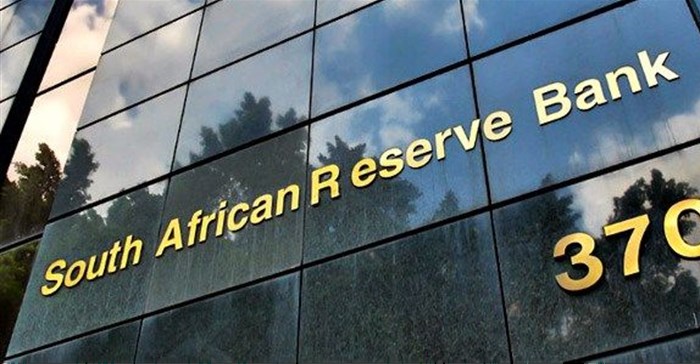
Top stories





Marketing & MediaWarner Bros. was “nice to have” but not at any price, says Netflix
Karabo Ledwaba 1 day

More news

Logistics & Transport
Maersk reroutes sailings around Africa amid Red Sea constraints

















The rand depreciated in the aftermath of the national elections due to policy uncertainty and the larger-than-expected contraction in the domestic economy in the first quarter of 2019, a South African Reserve Bank (Sarb) Quarterly Bulletin has noted.
According to the report released today, the first quarter of the year was characterised by severe electricity-supply disruptions, and continued weak business confidence and caution ahead of the national elections in May.
“Real gross domestic product (GDP) contracted sharply by an annualised 3.2% in the first quarter of 2019 – the largest decrease since the first quarter of 2009 – but remained unchanged when measured over four quarters. The contraction was broad-based with real output decreasing in the primary, secondary and tertiary sectors, and in seven of the 10 subsectors,” the report said.
South Africa’s positive net international investment position decreased between September and December 2018, as the value of foreign assets decreased and that of foreign liabilities increased marginally, said the bulletin.
In the report released today, the Sarb said the decrease in the value of foreign assets mainly reflected the effect of the sharp decline in global equity prices on portfolio investment assets.
“South Africa’s external debt increased from the end of September 2018 to the end of December as the value of foreign currency-denominated external debt increased, mainly due to short-term foreign loans to the domestic banking sector,” states the report.
During the quarter, the report states that South Africa’s direct investment liabilities reverted from an outflow of R8.2bn in the fourth quarter of 2018 to an inflow of R11.7bn in the first quarter of 2019. This was as domestic private sector companies received equity and debt funding from foreign parent companies.
“Portfolio investment liabilities also reverted from an outflow of R33.9bn in the fourth quarter of 2018 to an inflow of R29.2bn in the first quarter of 2019, as non-residents’ acquisition of domestic debt securities exceeded net sales of domestic equities,” the report says.
Net purchases of debt securities of R35.9bn in the first quarter of 2019 reflected a reversal from net sales of R18.2bn in the previous quarter.
“Net sales of domestic equities of R6.8bn in the first quarter of 2019 brought cumulative net sales for the past three quarters to R29.9bn. Other investment liabilities recorded a further inflow of only R35.8bn in the first quarter of 2019 following an inflow of R113bn in the fourth quarter of 2018,” added the report.
The Sarb report notes that the inflow in the first quarter of 2019 comprised mostly short-term loans to the domestic private non-banking sector, which was partly offset by non-residents’ withdrawal of deposits from domestic banks.
SAnews.gov.za is a South African government news service, published by the Government Communication and Information System (GCIS). SAnews.gov.za (formerly BuaNews) was established to provide quick and easy access to articles and feature stories aimed at keeping the public informed about the implementation of government mandates.
Go to: http://www.sanews.gov.za